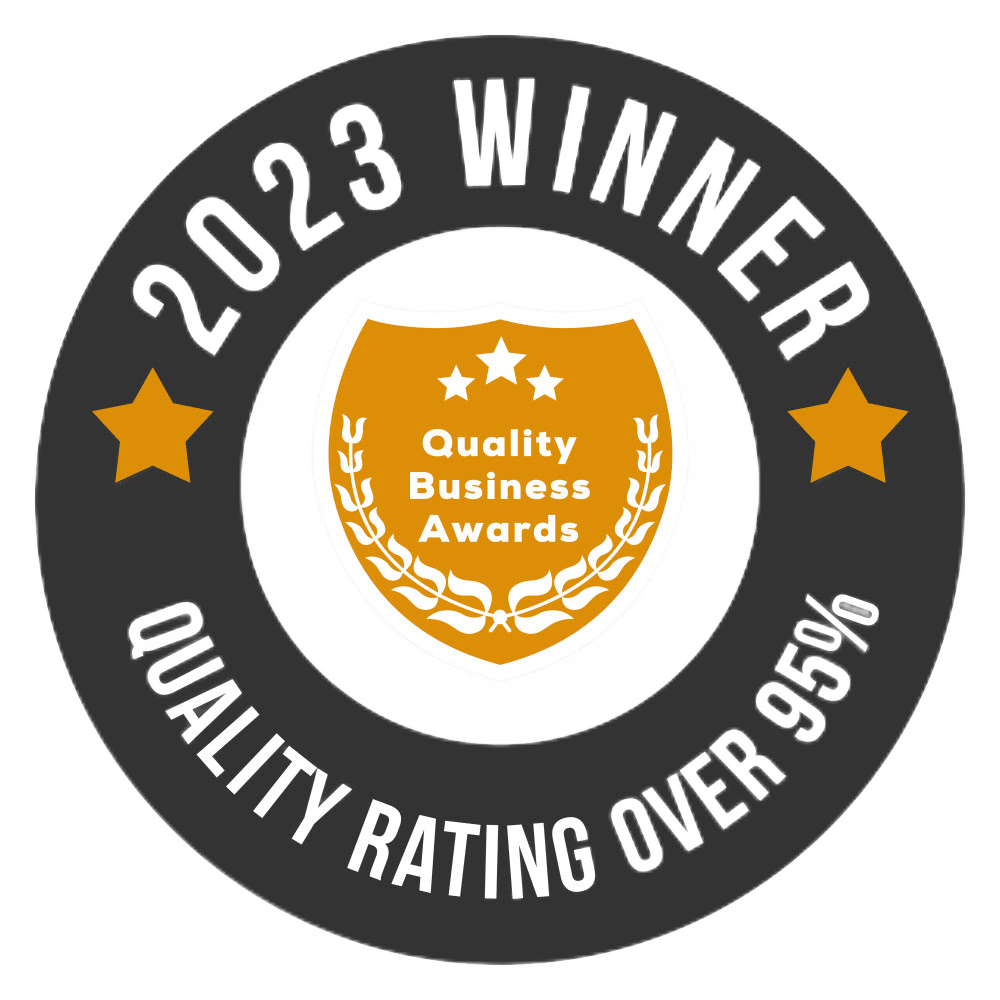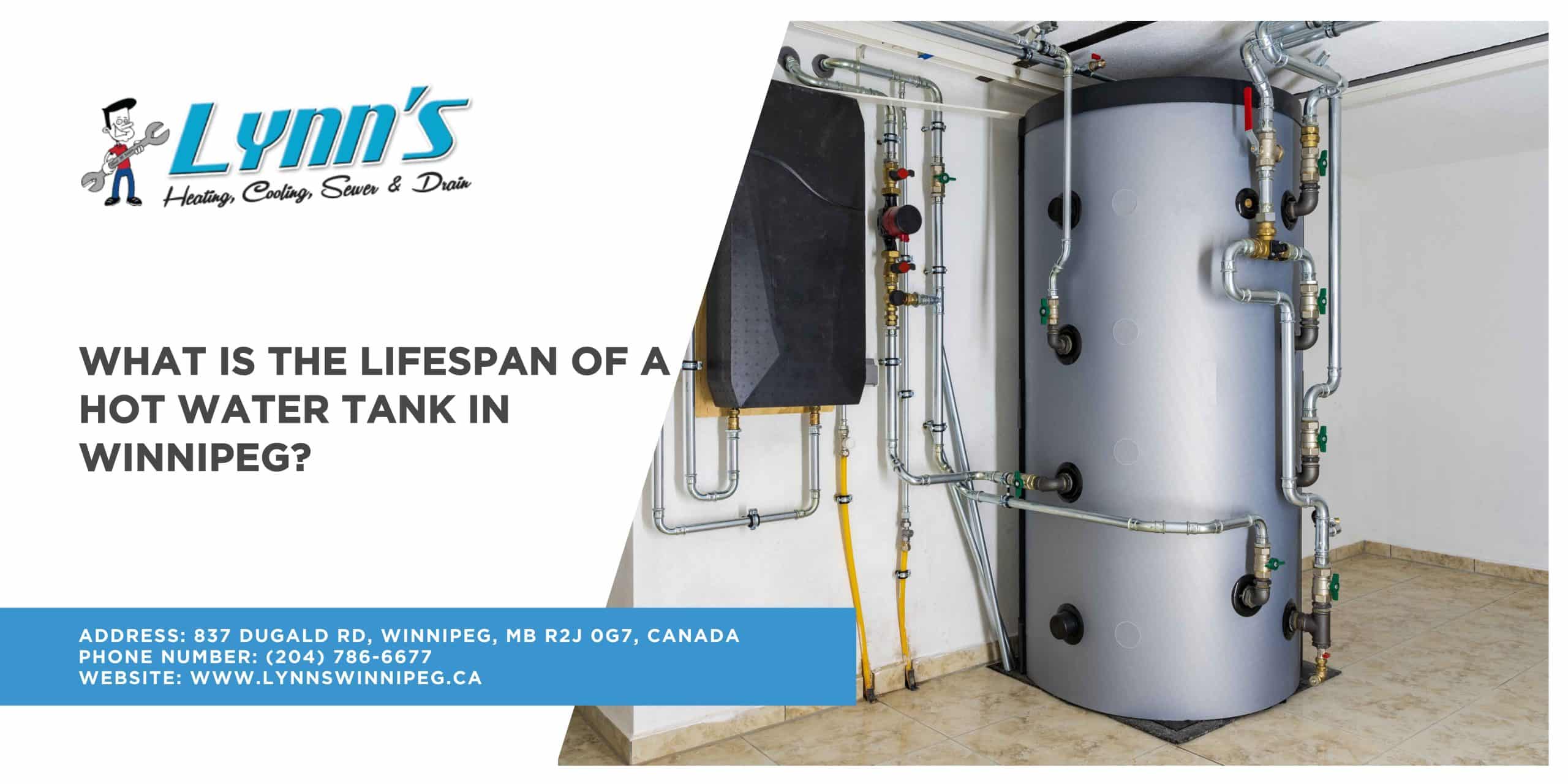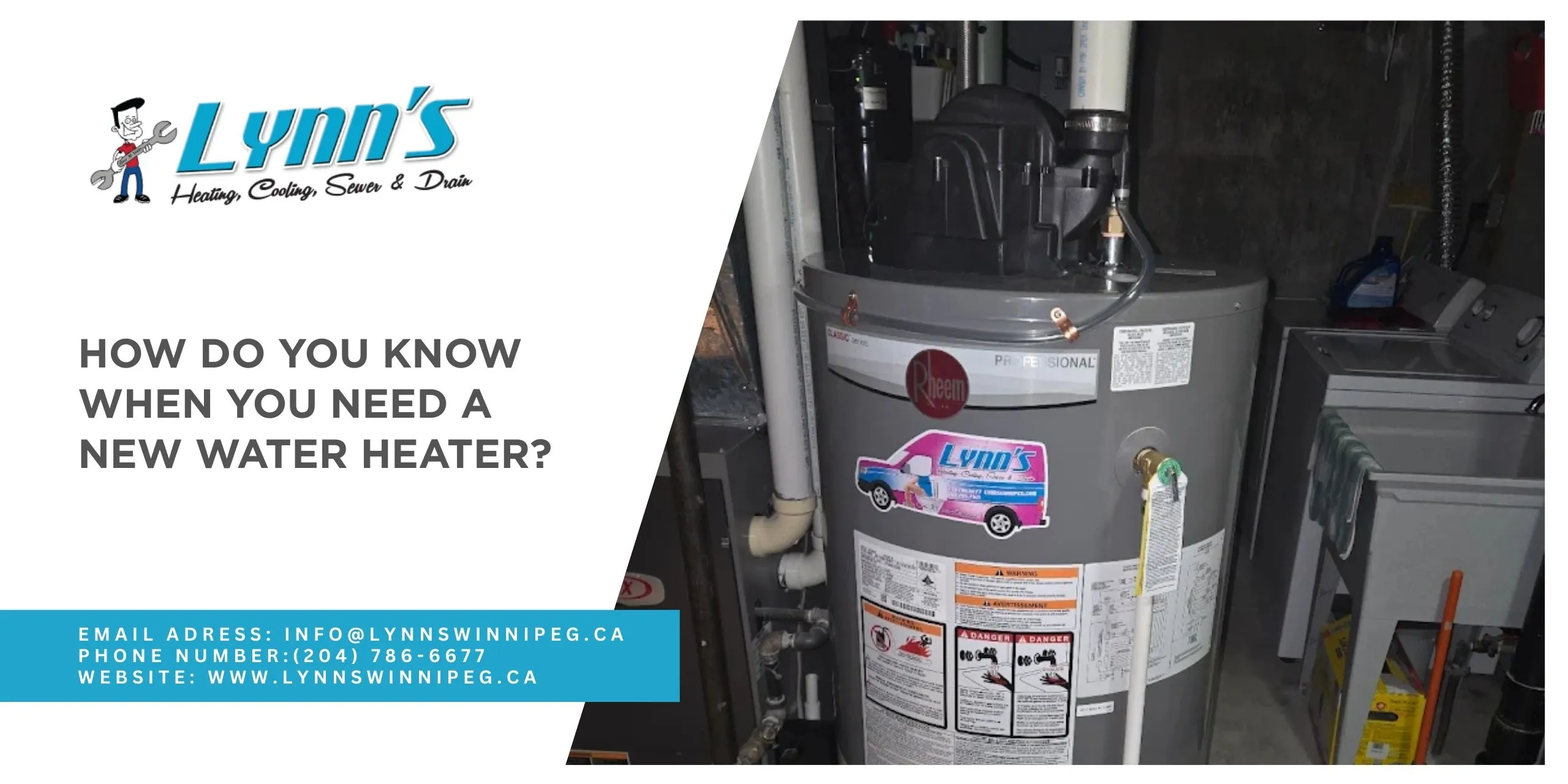Most homeowners in Winnipeg rely on a dependable hot water supply for everyday activities like showers, dishwashing, and laundry. But like all appliances, hot water tanks have a limited lifespan. Understanding how long your tank will last, especially in Winnipeg’s unique climate and water conditions, can help you avoid unexpected breakdowns.
So, how long can you expect your hot water tank to last in Winnipeg? Let’s take a closer look.
Table of Contents
ToggleAverage Lifespan of a Hot Water Tank
The average lifespan of a hot water tank in Winnipeg is between 8 and 12 years. This can vary depending on the type of tank, water quality, household hot water usage, and how well the system has been maintained.
Electric water heaters tend to last slightly longer than gas models since fewer components are exposed to combustion. However, both types are affected by Winnipeg’s hard water, which can speed up wear if not properly managed.
Top brand and Life span of hot water tanks by Dallas
Why Winnipeg’s Water Matters
Winnipeg’s municipal water is moderately hard, containing more dissolved minerals like calcium and magnesium. Over time, these minerals settle at the bottom of your hot water tank as sediment. If not regularly flushed out, this buildup can:
- Reduce heating efficiency
- Cause popping or rumbling noises during operation
- This leads to overheating and potential damage to the tank
- Shortens the lifespan of the heating elements
Homes with untreated hard water and minimal maintenance may see their tanks fail closer to the 8-year mark, while well-maintained systems can last 12 years or more.
Factors That Influence Hot Water Tank Lifespan
- Tank Type and Quality
Standard tank-style water heaters typically last 8–12 years. Higher-end models, which feature better insulation, advanced features, or stainless steel interiors, may last even longer. Tankless water heaters, although more expensive initially, can last 15 to 20 years with proper care. - Maintenance Practices
Regular maintenance is crucial for extending the life of your hot water tank. Tasks like flushing the tank annually to remove sediment and checking or replacing the anode rod (which helps prevent internal corrosion) are essential. - Water Quality
As mentioned, hard water is a major contributor to faster deterioration. Installing a water softener or filtration system can reduce mineral buildup and prolong the lifespan of your tank. - Usage Demands
Larger families or homes with high hot water usage tend to put more strain on their tanks, potentially shortening their lifespan. A family of four, for example, will generally get 10–12 years out of a water tank if they perform regular maintenance. However, if your household has six people and you’re doing a lot of laundry or using large amounts of hot water, your tank will experience more wear, shortening its life. Also, running your tank at temperatures higher than 120°F (49°C) can cause more wear and increase energy costs.
Signs Your Hot Water Tank Might Be Failing
Even if your tank hasn’t yet reached the 10-year mark, it’s important to keep an eye out for warning signs that it may be nearing the end of its life. These include:
- Inconsistent or insufficient hot water
- Unusual noises (popping, banging, rumbling)
- Rusty or discoloured water
- Leaks or pooling water around the base
- Higher utility bills due to decreased efficiency
If you notice any of these signs, it’s a good idea to have your tank inspected by a professional plumber to avoid a complete failure.
Should You Repair or Replace Your Water Heater?
If your tank is under 8 years old and the issue is minor (like a faulty thermostat or heating element), a repair may be a good option. However, if the tank is 10 years or older and experiencing multiple issues, replacing it is usually the smarter investment. Newer models are more energy-efficient, offer improved performance, and reduce the risk of water damage from leaks.
How to Extend the Life of Your Hot Water Tank
To get the most out of your water heater in Winnipeg’s climate:
- Flush the tank once a year to remove sediment buildup
- Check the anode rod every 2–3 years and replace it if necessary
- Install a water softener to combat mineral deposits
- Keep the temperature at 120°F (49°C) to prevent overheating
- Schedule regular inspections with a certified plumber
Taking these steps will help your tank perform better and last longer—saving you money and ensuring you never run out of hot water when you need it most.
Conclusion: Plan for a Smooth Replacement
In Winnipeg, most hot water tanks last 8 to 12 years, with variations depending on maintenance and water quality. While it’s easy to forget about your tank until it stops working, proactive maintenance and early replacement planning can prevent costly repairs and household disruption.
If your tank is nearing the end of its lifespan or showing signs of wear, it’s best to consult a plumbing professional. Whether it’s a repair, upgrade, or full replacement, staying ahead of the problem will keep your hot water flowing smoothly when you need it most. And if you want more tips on maintaining your hot water tank, feel free to give us a call—we’re here to help!




